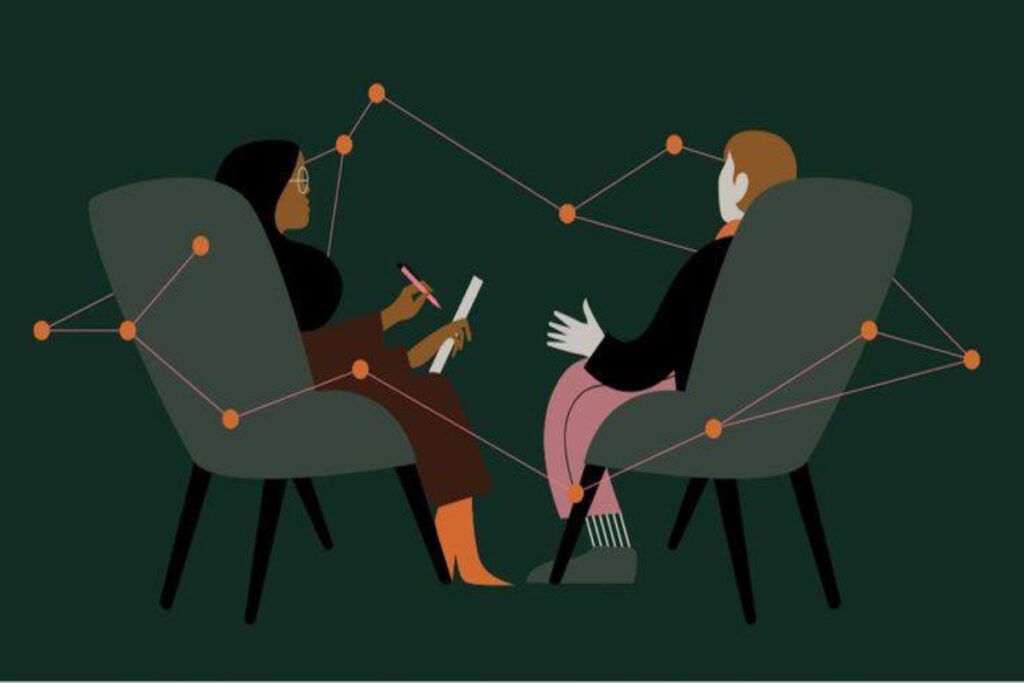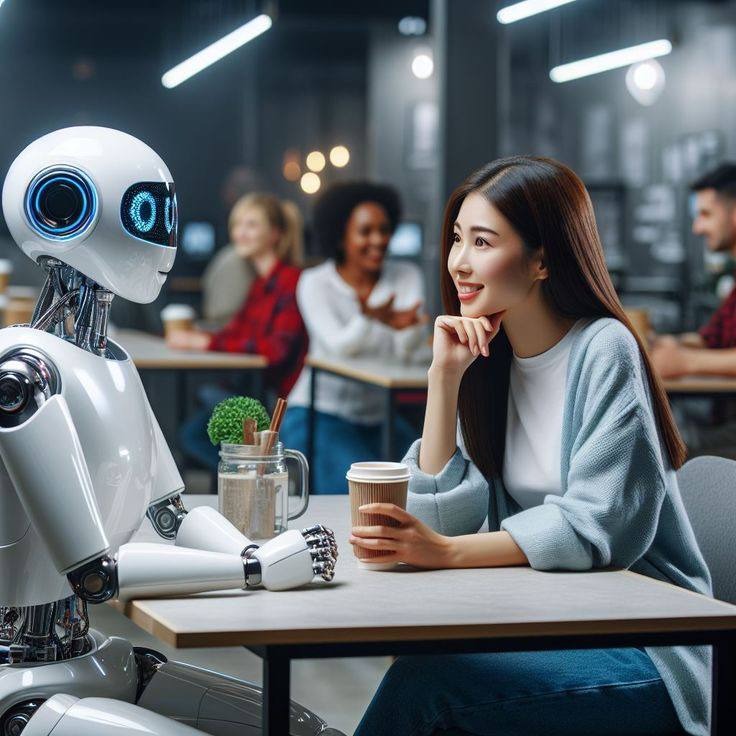The rise in AI in recent years means patients no longer need to speak to a human about their problems, with several AI platforms offering a “pocket therapist” instead. However, there are doubts over whether the software provides support and compassion as an actual person.

Depending on their path, it could soon be a reality for patients seeking mental health care. For some, perhaps, it already is. The rise of AI in recent years has forever transformed the human experience.
They are infiltrating the workforce and helping design new products, aiding physicians by recognizing certain ailments before humans might notice them on their own. Now, some AI platforms are promoting software that claims to be your pocket therapist, but it raises questions.
Does technology have the capacity to connect with humans as other humans might? Can support be tailored to each individual? Can it tackle more complex or even life-threatening emotional needs? Or could people misuse such technology to self-diagnose or avoid professional care in the long run? Here’s what we know.
Technology Designed To Understand Emotions Is a Challenge
“While AI has made significant strides in understanding and processing human emotions,” Sergio Muriel, a Licensed Mental Health Counselor Certified Addiction Professional and COO of Diamond Recovery Group in Florida, said. “Replicating the genuine human touch, empathy, and emotional connection of a counselor is a profound challenge.”
ALSO READ: Experts Warn Against Post-Covid Misinformation, Say It Endangers Americans’ Health
“The subtleties of human communication and empathy are difficult to encode into algorithms,” Muriel added.

People suffering from conditions like depression or anxiety might turn to technology for fear of judgment. They might think they can avoid the stigma society commonly attached to mental health.
All it takes is a simple Google search for a “chatbot therapist” or an “AI therapist,” and the results populate with apps like Wysa, the anxiety therapy chatbot, or Elomia Health’s mental health chatbot. However, Muriel says it will be a challenge for them to understand humans.
POLL—Do You Support a Single-Payer Healthcare System (Medicare for All)?
Mental Health Counselor Cautions
Muriel thinks the rise of AI in mental health care can yield several benefits. He says it can benefit those seeking care and those providing it. However, it should still be used with caution and as a complement to professional care with an experienced human.
“It’s an exciting evolution, offering new pathways for support and intervention,” he said. “The integration of AI into mental health care has potential benefits but also requires caution.” Muriel added, “AI can offer immediate, anonymous support, making it a valuable tool for those hesitant to seek traditional therapy.”
“However,” he noted. “It’s essential to ensure these technologies are used responsibly and complement, rather than replace, human care.”
Possible Reasons People Use AI Therapists
As Muriel mentioned, AI technology boasts its ability to be available at your fingertips 24/7, a feat it emphasizes on its own. “No appointments or waiting rooms. Instant replies even on weekends and at 4 A.M.,” Elomia Health’s website reads.
In addition, it notes that 21% of users said they would not have spoken to anyone outside AI out of fear of being judged. The platform also includes additional safeguards, including redirection to therapists or Hotlines if someone potentially needs extra help.
Hence, most people turn to AI therapists due to their 24/7 availability and out of fear of societal stigma.
What Are the Risks Involved in Using AI Therapists?
Muriel said AI-based approaches are beneficial for triaging “low-risk” clients and thereby helping professionals manage caseloads. “It can offer new insights into mental health through data analysis. It can extend the reach of mental health services to underserved areas,” he elaborated.
ALSO READ: American Heart Association Flags Intermittent Fasting as a Health Risk

“But there’s a risk of over-reliance on AI,” he noted. Also, he cited “potential privacy concerns and the loss of the nuanced understanding that comes from human interaction.” Hence, Muriel concludes that “AI cannot yet fully replicate the empathy and depth of a human therapist.”
Also, using such software can lead to misdiagnosis. Furthermore, Muriel says sole reliance on AI-powered mental health tools for those with a history of self-harm or suicidal ideation is especially “dangerous.”
It is a promising development, and some speculate that it could be the future of mental health in medicine. However, Muriel wants people to understand that technology is not a potential human replacement. Instead, he says humans should see it as another tool to help make life easier.
He said, “AI should at most be a supplementary tool, not a replacement for human care.”
You Might Also Like:
Gwen Stefani Addresses Divorce Rumors From Blake Shelton
New Polls Claim Biden is Struggling to Keep Young Voters While Trump Isn’t
Police Arrest Wynonna Judd’s Daughter on Charges of Indecent Exposure
Brazil AG Calls for Social Media Controls Amid Clash With Elon Musk
Tesla Model Y Saves Driver in Fatal Crane Collapse
